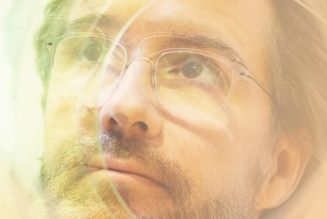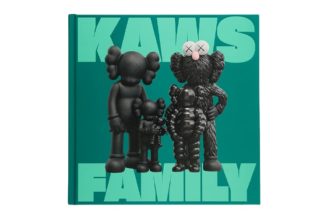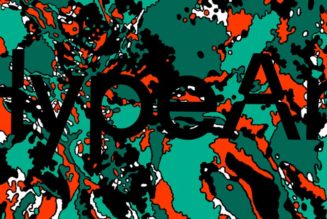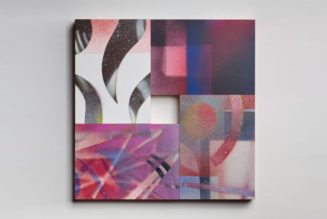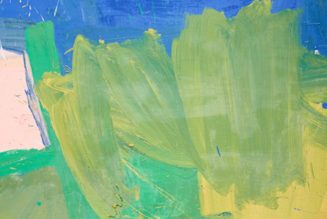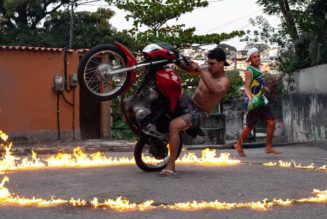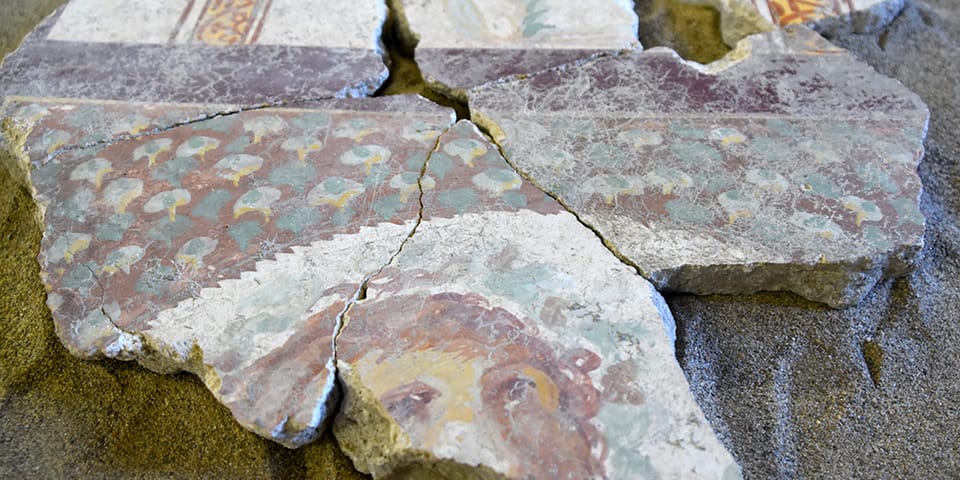
As the art world and AI continue to blend, so too have the efforts of archaeologists in unearthing the remnants of the old world. In Italy, experts are utilizing a new system called RePAIR, code named for “Reconstructing the Past: Artificial Intelligence and Robotics meet Cultural Heritage”, to help piece together ancient shards found across the country.
Funded by the European Union and launched in 2021, RePAIR works like a mechanical puzzle solver. In that, the machine is geared to “develop a ground-breaking technology to virtually eliminate one of the most labor-intensive and frustrating steps in archaeological research, namely the physical reconstruction of shattered artworks,” according to a release on the project’s website.
Amongst the tasks being worked on, RePAIR is reassemlbing a 2,000-year-old fresco from Pompeii. Destroyed by the eruption of Mount Vesuvius in 79 C.E. and subsequently preserved in volcanic ash, much of the villas, monuments and relics of Pompeii continue to fascinate historians millennia later — but the process of compiling individual shards can take years, many times with no success in the end.
The way it works is RePAIR scans each piece according to its size, shape and artwork, while the archaeologist can accomplish more complex tasks at hand. “Our goal is to let the archaeologist return from the excavation site in the evening, toss all the fragments on the table, and the next morning receive the complete vessel after the robot has put it together overnight,” said one of RePAIR’s founding scientists, Ohad Ben-Shahar, in an interview with Haaretz.
Like all forms of AI, technology is still far removed from any fantastical notions where humans would be removed altogether. As such, the machine will “present intermediate results to us as necessary, and will ask to consult with a human expert who will determine whether the result is good or whether the computer will have to be adjusted to help put it in the right direction,” Ben-Shahar affirmed. “People have always built machines to help them. In our project, autonomous machines will be helped by people.”
Elsewhere, Olafur Eliasson will unveil a massive land art project in the UK this summer.

